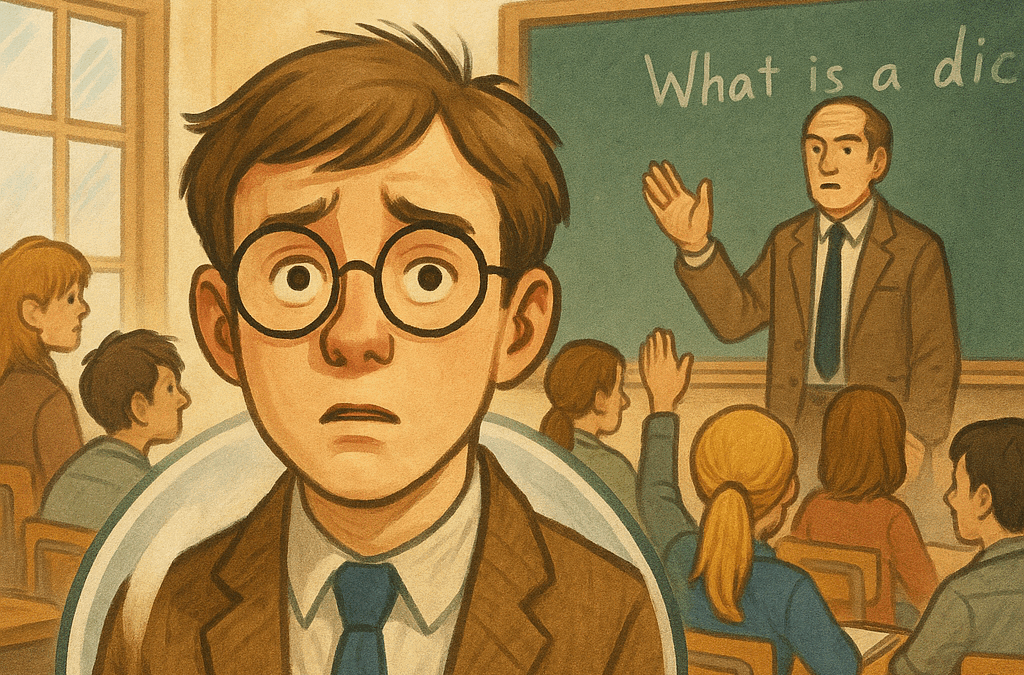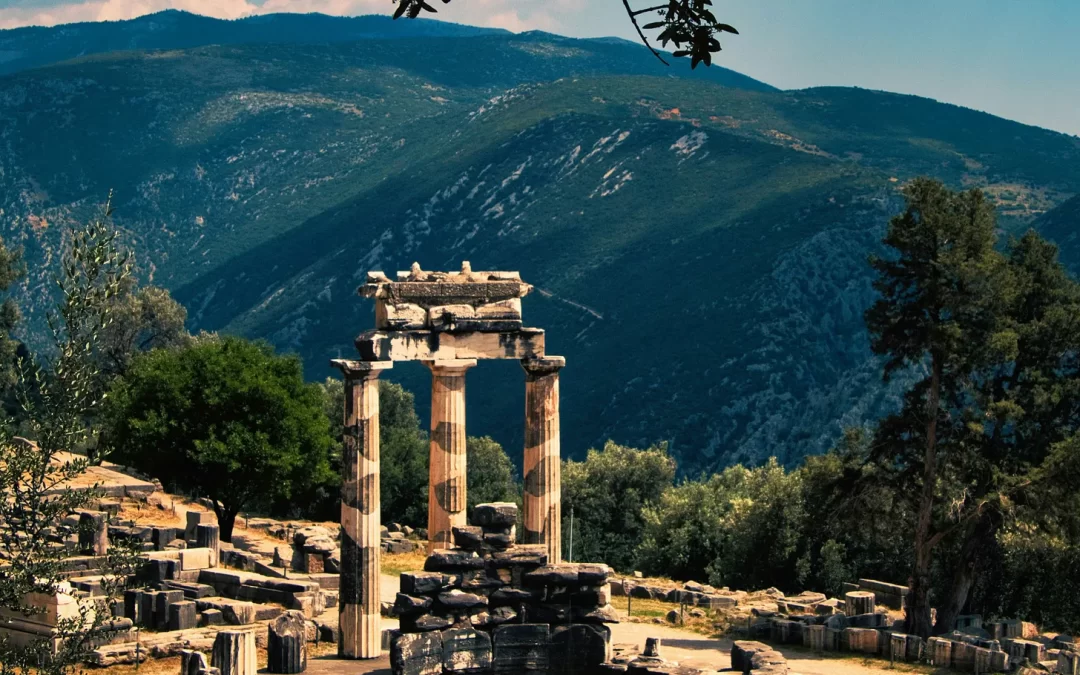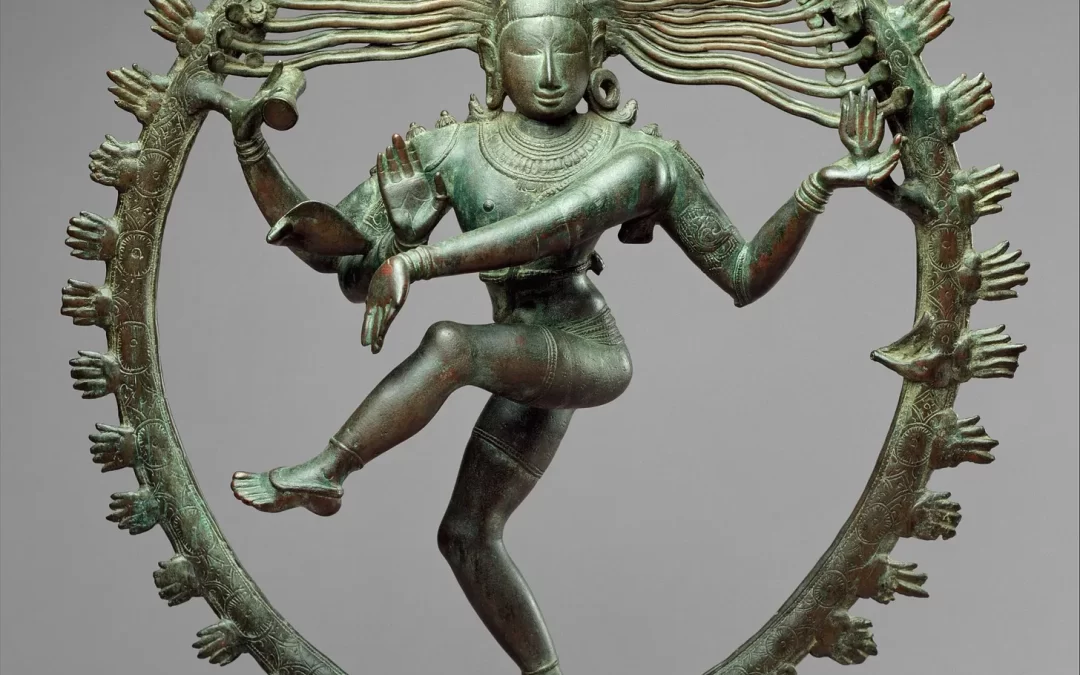Indifference is not a response in unsettled times

(Picture Credit: https://travisaudubon.org/murmurations/bird-of-the-week-downy-woodpecker)
Love, not indifference, protects. Here is a Downy woodpecker by Maria Corcacas.
This morning, as the ‘dim temple of the Dawn1’ paled the sky, our red-headed male downy woodpecker announced his return with his staccato taps on the telephone pole opposite. It was lovely. It made me smile.
With snow melting, a new year begins in the garden, and we walk over the springy soil, picking up last year’s hopes, looking for the greening on a lifeless twig. Another year has slipped by – we are older – and we wonder what role we will play on the stage of life.
Cicero, the Roman lawyer and scholar, wrote of the rites of spring in old age. He makes a jest about the usefulness of spreading manure in the spring, even when you are old. 2 Gardens renew every year and you cannot sit back. Manure stinks – and humour should not be neglected either. I think it is noteworthy that Cicero is optimistic not only about old age’s infirmities (a man after my own heart), but also of the tenor of his times…which is surprising as he wrote this book in a time of great unrest in Rome, around the Ides of March, 44 BC, just after Julius Caesar was getting a pin-cushioning at the Curia.
Maybe things haven’t changed. We also live in challenging times. Caesar’s murder was soon to lead to war, and only a short while later Cicero’s head and hands were nailed to the rostra3 in Rome. One wonders what is going to happen to us.
Indifference and the Parrot
We listen to the news: Everything we hear is upside down from common sense. Thousands die in bombings, ripped apart into little shreds like an exploded Christmas cracker – but we hear little of the ‘why?’ behind these monstrous and horrifying stories. Yet we hear long reports, day after day, of how someone is offended by a word heard on the radio.
What are we to do? Most of us, most of the time, become indifferent. We walk away. “I’m not getting involved” is an easy answer. Does it matter? Cicero reminds us that the garden renews every year, and that it does matter; even when we are old. The narrative of the moment we hear has only one side. If you have a different view, even if you are likely to be ostracised, you should comment. We may feel obligated to agree; the propaganda is clever and there is much to understand…yet we need to have an opinion.
The voyeur to the plot has no purpose. If you only observe, you are as dead as the victim. You have no purpose. Voiceless, you do not exist. You are, in effect, a perpetrator. You have given up and died before your time.
For the indifferent, life has no meaning. Indifference avoids responsibility. “It wasn’t my fault, I didn’t know anything about it,” and “None of my business – I was just following orders.” Indifference is an evil. The victims’ cries are unanswered.
Indifference is the first terror.
The other choice is jump to one of the propagandists’ sides. There are sound clips, videos, links, etc., all at our fingertips. We defend our side to the death. We aspire to a victory – either that grand hope for a nation to be free, or to save that little bird knocked from the nest – and ignore the rest. We want to be part of a bigger whole; we KNOW we are right!
We grasp the better future with our imagination. We will be that hero overcoming obstacles! We agree with this! We like this! This is correct!
Like parrots, we repeat what we have been told. And worse, we delude ourselves that we are thinking for ourselves.
This is the other terror lurking. It grows. Our thinking is thin; and it is crusted with imperfections. We don’t know all the facts. Those controlling us show only certain facts. We know nothing except the echoes we hear. Just like the last aster in the garden, blissfully blooming, unaware it will succumb to the dropping temperature of approaching winter. Later, new facts are revealed to show we were wrong – but it is too late and we are frozen.
This is the second terror, the terror of the Parrot’s Speech.
When we are riled up, waving the flag of righteousness, we see only one side of the tree. If we are on the sunny side, we might see the dry and bright bark. We like that. We cannot see the other side. We need to walk around the tree. The underside might have moss, or insects, or cool moisture. Ugh!
But the tree needs both sides to live. People will never see the full tree, as they cannot look at a subject from a different perspective. They will never understand.
You might say, how are indifference and repeating half-truths ‘terrors’? Why use such a strong word? Why use poetic language? Poetry allows you to be expressive – and because our situation is even worse than I have said above. Let me explain: the indifferent response and the mindless echoing of causes are inside a womb of lies. And you are birthing them. The bombardment of information we receive is merely data; we have no idea if it is AI, truth, wishful thinking or downright cancerous lies. So, what are you to do?
Leave the Bitter Lands
I shall now give you the answer, explained two ways, as I am an ironist, possessed with the need to see different perspectives. First, poetically, you and I must leave the bitter lands of not caring and hate. An Austrian poet, Rainer Rilke writes that you must choose your path, as the migratory woodpecker chose my garden. The eternal stars above are there during the day whether you see them or not. Do not follow, lead; life is richer if you see the shaded side of the tree. Search for purpose and meaning – you came into the world naked and alone, and so you will leave it without your gold or the flag you wave. You have an obligation to yourself and to others to be involved in the world around you.

A picture by the brilliant Lou Andreas-Salomé of Rainer Maria Rilke, 1928
Sometimes, it is easy; sometimes, it is hard. Sometimes, we will walk down the wrong path. But still strive. Go beyond yourself – believe in yourself. Don’t discount individual agency.
Stand.
Maybe alone.
Maybe not.
There is a power and existence beyond yourself and your brief suffering.
But isn’t this poetry just big words: grandstanding, the ravings of an excited madman? No, it is common sense, and, deep down, you know it is true. Here is another way to see this, a pragmatic and practical phrase:
Rules and the Unwritten Rules
We follow the rules and laws of our land. They are developed, and passed, both good and bad, and they are followed – or not. Some are undone; some we fight over. These are our Rules, and they may be designed to give us freedom – or to take it away. They are man-made. We know them.
But there is another set of unwritten rules we do not control. You will die. These are the rules of the wind that rustle the leaves in the bushes, that smell of honeysuckle of an evening in the summer, the rules you hear as the sea breaks upon the beach in its rolling roar. The rules that govern the baby’s first smile of recognition: a connection has been made between souls.
Antigone understands it in Sophocles’ play, Antigone. She must follow the gods’ law to bury her brother. Her own brother has forbidden his burial. Antigone knows the universal law trumps the spiteful and vengeful law of the state promulgated by her brother. The thoughtful reader and listener understands Antigone. Some things you know are correct. The ultimate freedom is in the unwritten, unchanging rules. These are the ones to seek and answer – the Unwritten Rules.
Make your own journey. You started your life’s journey when you took your first step as a toddler. That first step was not easy. How many times did you fall?
Why do you think your remaining steps will be easy?
Life is hard. Take a stand.
[1]Twenty-One Days in India, or, the Tour Of Sir Ali Baba K.C.B; and, the Teapot Series,” by George R. Aberigh-Mackay.
[2] Cato the Elder On Old Age (Cato Maior de Senectute), 53-54.
[3] Speeches were given from here, a platform adorned with the prows of captured ships, facing the senate.









